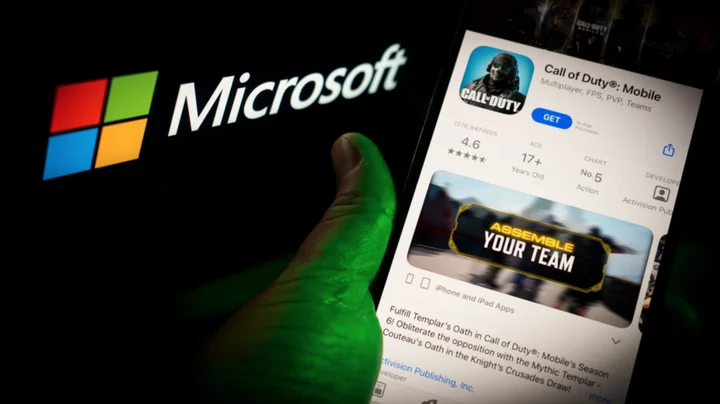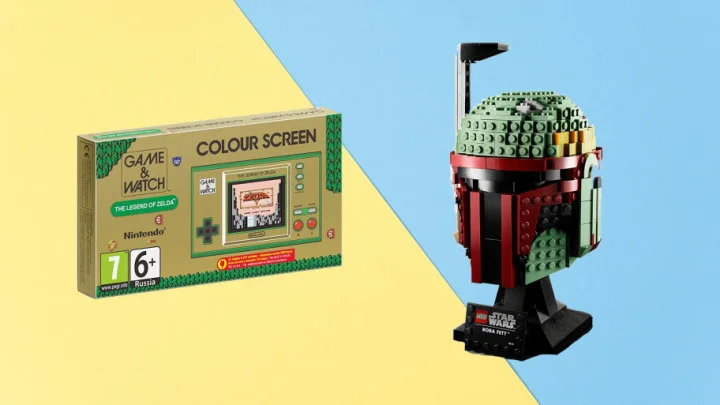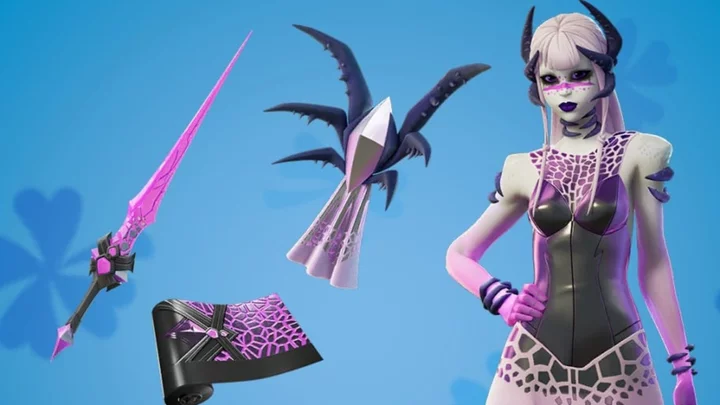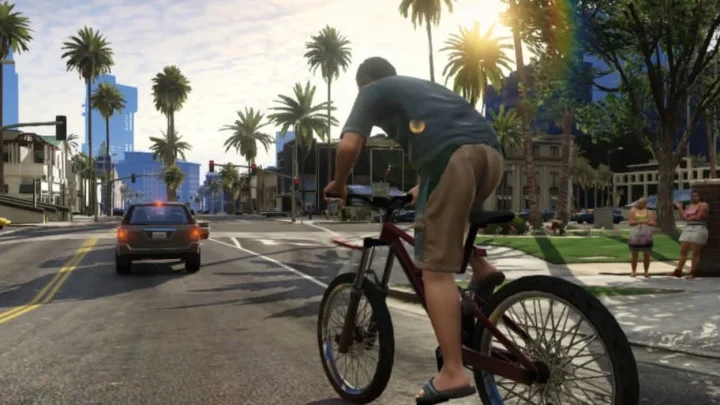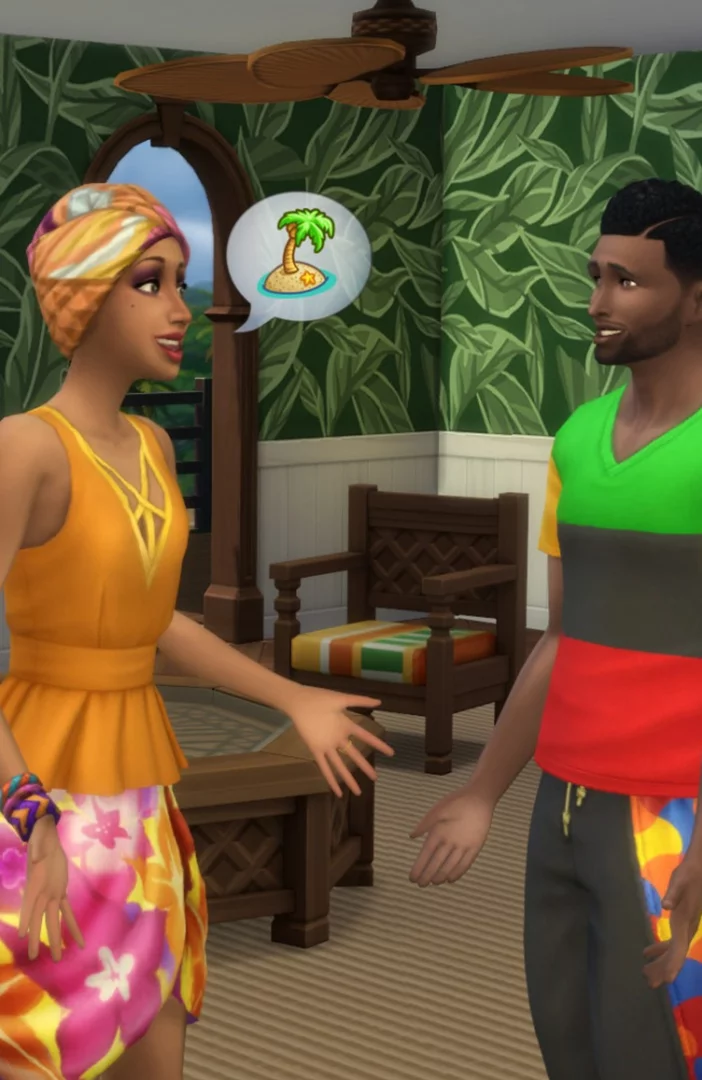Call of Duty will remain available on PlayStation.
Sony has made a “binding agreement” with Microsoft to keep the popular game on the console following the Activision Blizzard acquisition. The deal was announced via tweets Sunday from the Head of Xbox, Phil Spencer, and Vice Chair and President of Microsoft, Brad Smith.
Based on the tweets it appears the deal is for Call of Duty specifically and may not extend to other Activision Blizzard games.
The announcement comes after a heated fight between Microsoft and the FTC in US courts, and at the same time, the UK is also questioning the acquisition.
The UK’s Competition and Markets Authority (CMA) blocked Microsoft’s acquisition of the company in April over concern that the deal would give Microsoft an unfair advantage in the cloud gaming market.
In December, Microsoft reportedly offered Sony a 10-year contract to make Call of Duty available on PlayStation should the acquisition go through. In an op-ed in The Wall Street Journal at the time, Brad Smith said that “Sony has emerged as the loudest objector” in the acquisition, and compared the objection to that of Blockbuster with the rise of Netflix.
In the same op-ed he also claimed that the accusation would allow Microsoft to better compete against Google and Apple “through innovation that would benefit customers.” He also suggested it would be “economically irrational” to take the game off PlayStation.
The future of the acquisition might be a bit clearer later this week.
The Verge notes that Microsoft is participating in a case management conference at the UK’s Competition Appeal Tribunal (CAT) tomorrow alongside the CMA “to consider the application made jointly by all parties to adjourn these proceedings pending further discussions between the CMA and Microsoft.”
The CMA and Microsoft have currently paused their legal battles; however, the CMA has issued a notice of extension for its investigation into the deal, moving the deadline from July 18th to August 29.
The US judge denied the FTC’s request to block the deal in court; however, the FTC could also still appeal that decision.

